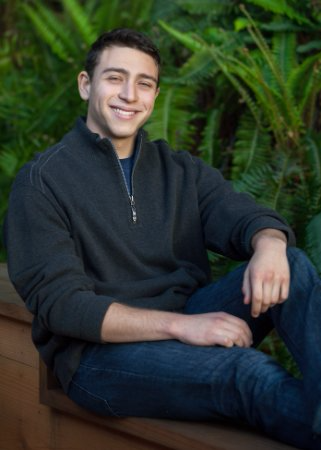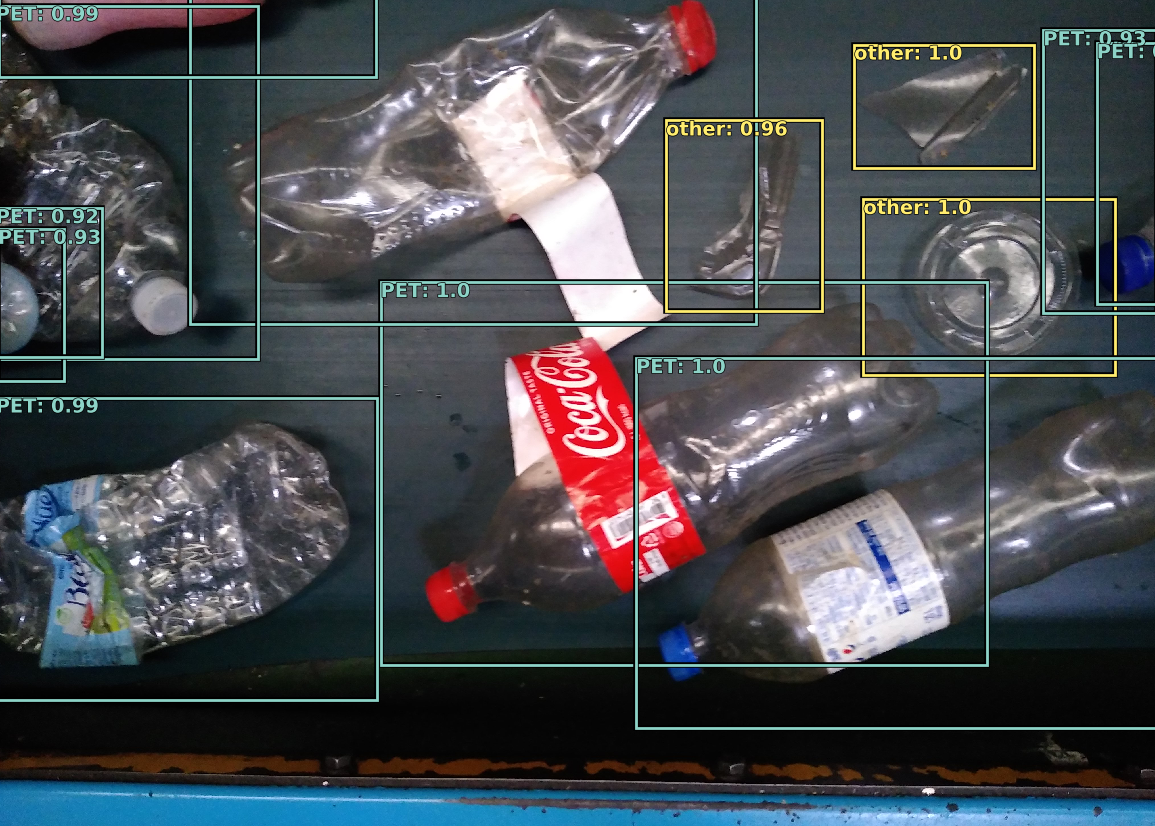Greyparrot, a startup that automates waste composition analysis using AI-powered computer vision software, announced additional funding of $1.1M, bringing their total seed round to $3.5M. Greyparrot’s system provides waste analytics and new insights previously unavailable to waste managers, producers and regulators.
Why does this matter?
- In 2017, the US alone produced over 35M tons of plastic. However, with recycling programs in place, only 8.4% of plastics were recycled. On top of that, only about half of America’s exported plastic waste is still being accepted by foreign markets.
- Most plastic is not possible to recycle. Plastic waste is mismanaged and can end up in the environment, getting incinerated, or being sent to landfill.
- Plastic still has value after being used, and should be recovered to get the most value out of limited resources.
What’s next?
- There is growing demand from consumers, brands, governments, and waste managers to transition to a more circular economy, specifically waste pickup, landfill diversion, and material sales.
- We will likely see an increase in recycling programs, which may include government subsidies and/or incentives. On this front, it will be a combination of policy and partnership for collaboration.
- There will be a packaging revolution – re-usable packaging, like Haagen Dazs partnering with Loop, and eco-friendly packaging, like Diageo’s recent announcement to try out a plastic-free bottle.
- There will be opportunity to optimize waste management with digitization and automation with both new and current recycling programs.
About The Author

Daniel currently works at Lawrence Livermore National Laboratory. His original assignment was to maintain and update facility safety documentation for all facilities on-site, and perform risk analysis. Over time, his role has expanded to leading continuous improvement efforts through product management.
Concurrently, Daniel volunteers with Techstars, helping organize startup weekends, and with the American Institute of Chemical Engineers, organizing events on the local and national levels of the organization. He also volunteers with One World, and previously with Powerhouse Ventures, to source and screen startups for potential investment.
Daniel holds a BS in Chemical Engineering from UC Davis, and recently completed coursework in energy innovation from Stanford. His passion is at the intersection of sustainability, innovation, and business.

